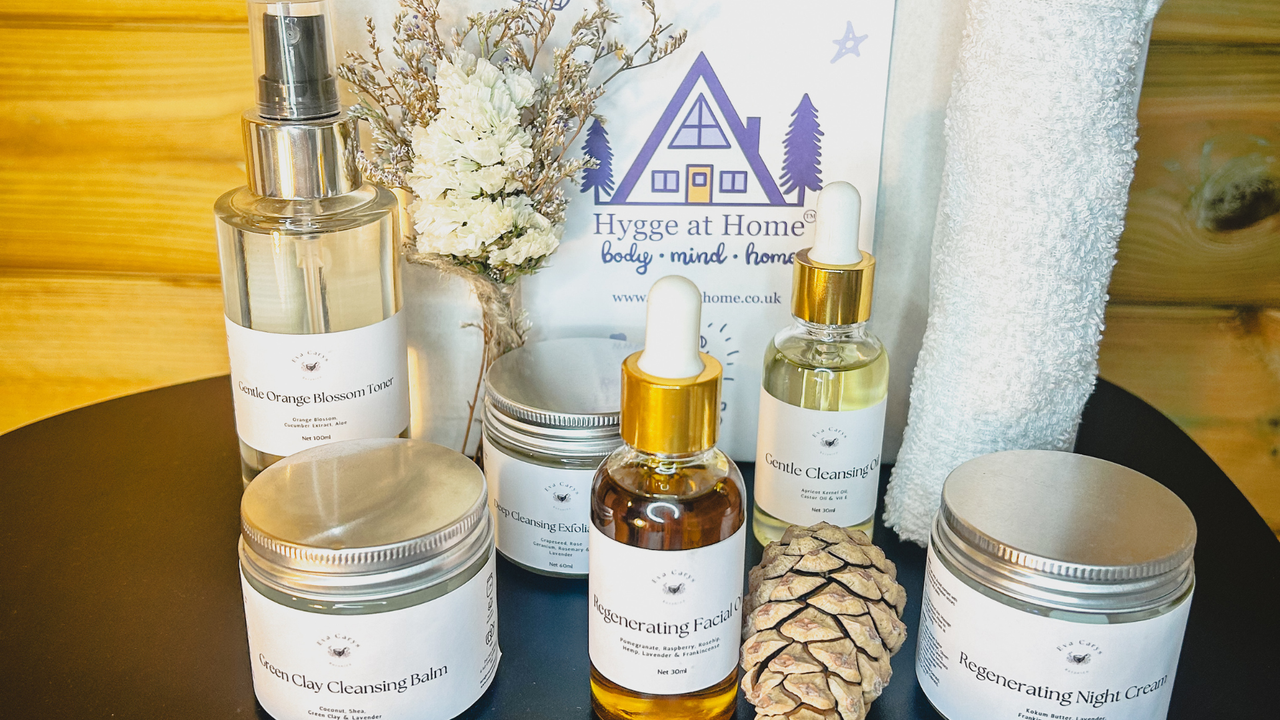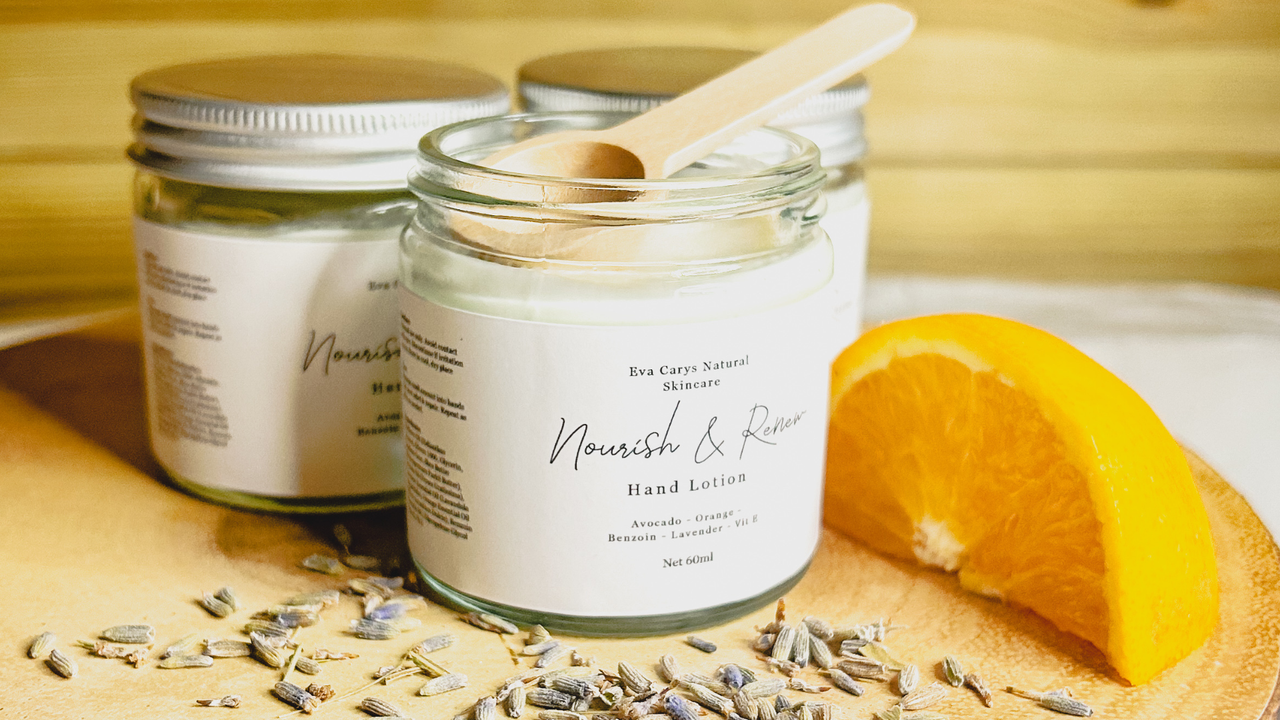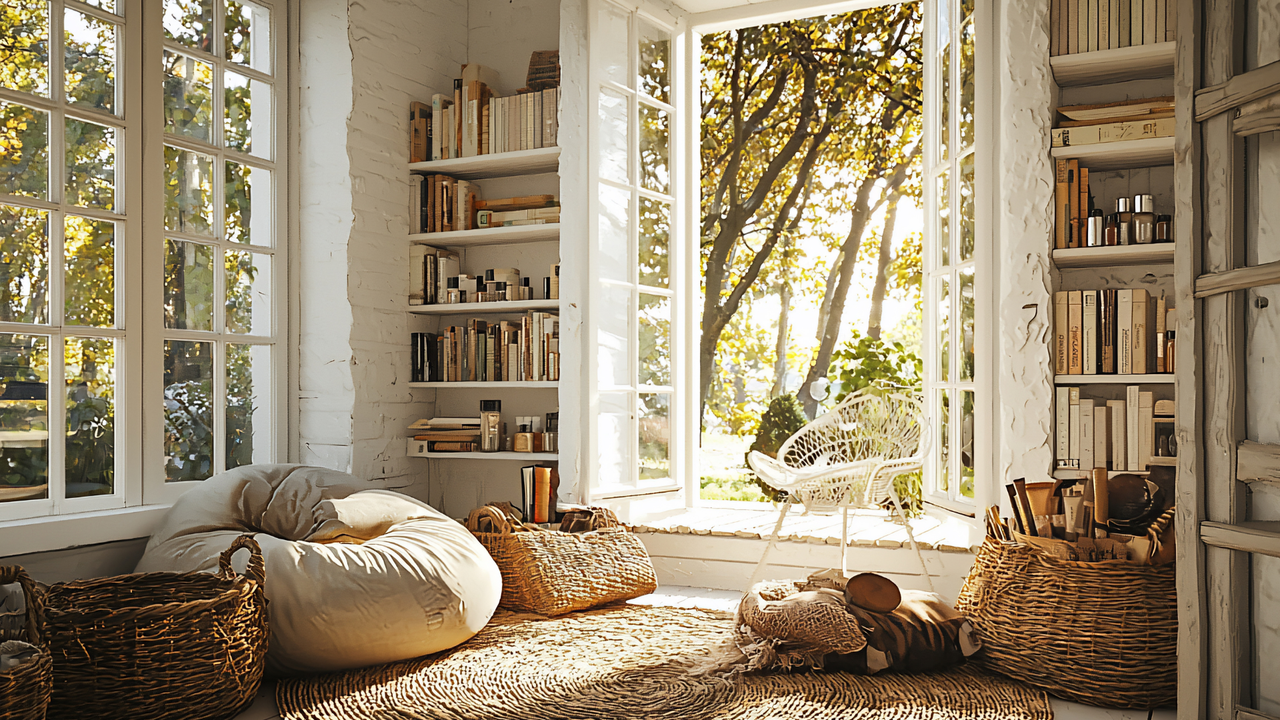January is the most depressing month of the year. We have experienced all the build-up and excitement of Christmas for it to be quickly over with and we are thrust into the post-Christmas slump and usually dreary weather of January. Everybody is doing some sort of detox and this year we have the added bonus (not!) of testing positive but feeling negative.
From October to March in Denmark, the only thing there is an abundance of is darkness and hygge is the antidote to the cold, harsh winters. You can have hygge all year round but it is a necessity during the winter.
I’m not going to talk anymore about the dreariness of January and focus on the negatives but instead I’m going to give you some hints and tips on how thinking about hygge and the small things in life can help get us through the winter blues.
1. Let the sunshine in. Open your blinds and curtains to let the sunshine in. Throw open the windows every so often too. Enjoy the outdoors as often as you can. I know we all like to hibernate in the comfort of our warm homes but spending time walking among the trees or looking at nature reduces stress-related hormones and improves your mood.
2. Exercise. Regular exercise can have a positive impact on depression and anxiety. You don’t have to commit to joining a gym; any type of regular exercise is useful even if it is just a quick stroll in a morning or on your lunch break.
3. Houseplants. Indoor gardening is still enjoying a huge surge in popularity and for very good reason too. Studies have shown that plants in your home (or office) can make you feel more comfortable and soothed. Horticultural therapy can increase feelings of well-being and help with stress and anxiety. If you’re known for killing your houseplants, then try something like a mini succulent as they take very little looking after.
4. Try something new. A new experience can help with depression and low feelings. Learning new things will inject some fun into your routine and improve your confidence. Here’s some ideas: Go on a trip to a new place, Learn a new sport, Learn how to cook/bake, Pick up a new hobby or learn a craft, Take up gardening, Go camping, Learn another language (there is a great app called Duolingo), Start a journal or some fun mindful colouring.
5. Treat yourself. Set yourself goals with a reward upon completion. It doesn’t have to be something expensive or even cost money at all. Reaching the end of the working week could be rewarded by a long soak in a hot bath and a pamper evening (check out the amazing range of natural and eco-friendly beauty products from https://www.econaturalbeauty.com) . Or how about a new book? Grab a good one from the shelf after you’ve forced yourself around the supermarket to do the weekly food shop. If you can splash out a little, treat yourself to a massage or a spa day.
6. Gratitude. Before you fall asleep at night, write down 5 things you are grateful for each day. Don’t use your phone for this; write them down in a diary/notebook. Try not to focus on the negativity this month but think about everything you have to be thankful for and all of the good things you have going on it your life; either presently or in the future. Take a look at our new gratitude journals on the website https://bit.ly/3I7UNzH
7. Don’t dwell on the past. This is easier said than done and I’m the sort of person who dwells on things in the past that are no longer in my control! It’s like you’re reading the same chapter over and over while expecting the ending to change. Certainly, reflect on the good times but try focusing on the present, the future and making the most of each day.
8. Relax and be still. Hot baths, massages and yoga can release trapped trauma from the body. Even taking 5 minutes just for yourself, to focus on your breathing, can give you the energy you need to tackle the workload or problem you are facing.
9. Think about your diet. We are all guilty of over-indulging over the Christmas period and I say why not! It’s part of the festivities. Most of us start to feel sluggish and vulnerable about our bodies after this period and the word ‘diet’ is ramped up everywhere we look. If this January diet talk has become a persistent yearly subject then it’s time to look at things differently and time to have a healthy, functional and joyous relationship with food and our bodies rather than putting ourselves through a diet that is never going to last. I found this article very interesting and it gave me food for thought about my relationship with food and dieting https://www.glamourmagazine.co.uk/article/why-you-dont-need-to-go-on-a-january-diet




